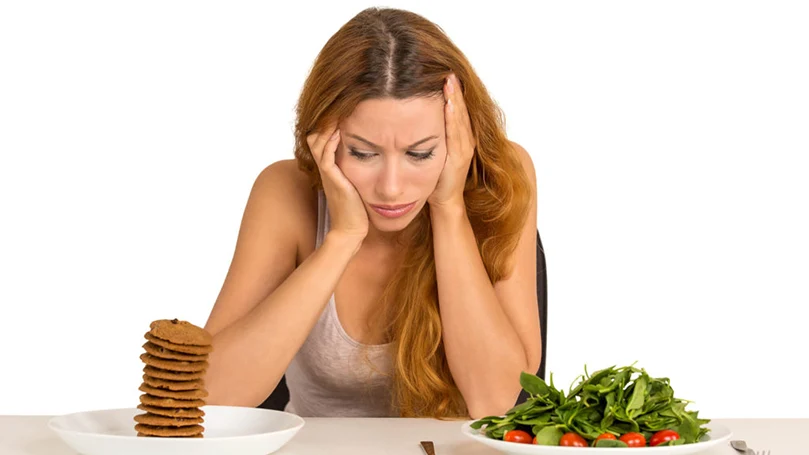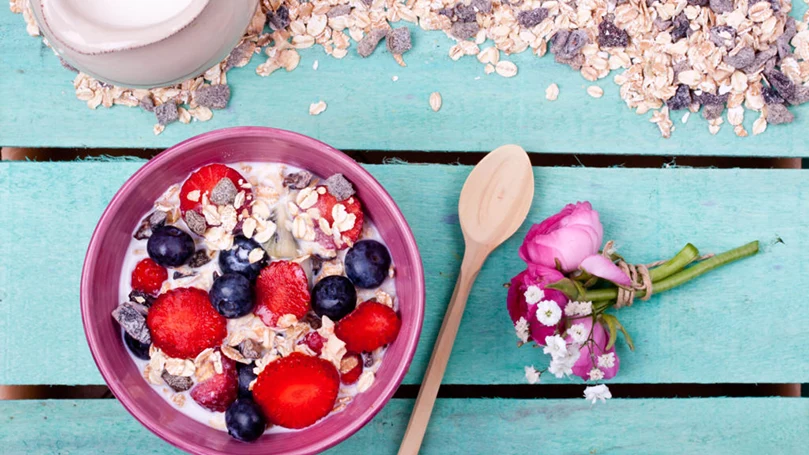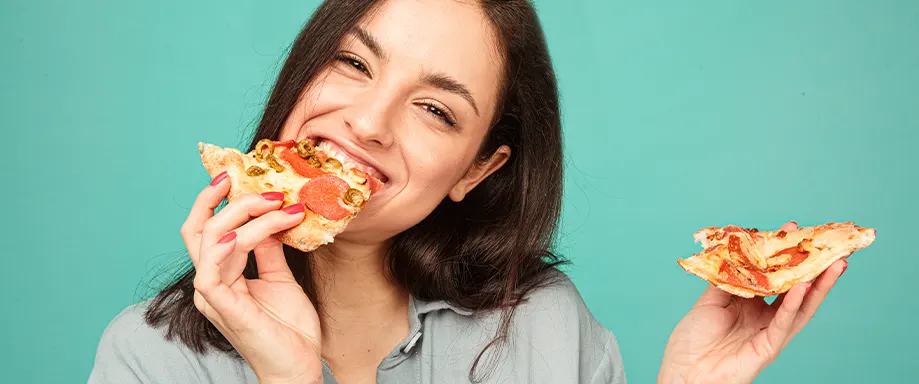Caffeine epidemic
Maybe I overdid the subtitle here, but nevertheless, it’s close to home. We’ve gone to work in the morning and we all know how it feels. We can’t get out of bed most of the time and are cranky until we get our morning caffeine rush. Be it from coffee or an energy drink, caffeine is a cognitive stimulant that sparks our neurons and sadly – creates a subtle addiction.
We get tired and crave caffeine to stay alert. Continuing this practice throughout the day maintains the level of caffeine in the system. When night arrives, caffeine is still in the system, consequently influencing our brain to remain active while it should be winding down. Drink it during the morning or early afternoon to ensure it is out of your system by evening.

What food should I avoid?
Hydration prevents interruption of sleep and is the key for sleep to be deep. We should avoid anything that drains water from the body. Obviously alcoholic drinks are the first to be considered. People claim that having a few drinks before bed can make you fall asleep faster. Though this may be true, in case you dehydrate or have to go to the bathroom (which alcohol does make you do) – your sleep will be broken.
Sugar seems to be the main culprit in bad diets these days and it is no different in sleep diets. Energy surges from sugar can cause the brain yo-yo on energy making it difficult to rest and relax. Limiting the intake of sugar is not only great for sleep, but health in general. Sugar can create many weight problems, much like how alcohol gives a beer gut. This has to do with how they are absorbed by the liver and stored in the body. The result is usually fat clumped in the stomach area, something most of us would avoid if possible.

What can I eat?
Light meals of most sorts are quite alright before bed. Fruits like bananas or cherries are great. Bananas are great for unwinding the muscles after a day’s work due to potassium. Cherries on the other hand yield melatonin. Melatonin ushers our body to sleep, making them an ideal bedtime snack. Eat them in moderation though, as many will upset your digestion.
Anything rich in fiber, like flax, benefits the quality of sleep greatly. Diets high in fiber have provided heavier, sounder sleep with minimal disruptions during the night. Low-saturated fat intake is also linked to this and should be practiced.
Our circadian rhythm that runs the wake/sleep cycle is connected with the metabolic processes in the body. Having a regular diet significantly helps. Levels of hormones tend to oscillate with each food intake, making the body uneasy. Essentially, while also caring about what you eat – care when you eat as well.

Best examples for a great diet and sleep balance
We have already elaborately covered what should be eaten before bed. The reasoning behind items on any side of the table below are similar. If they are good – it is because they are light for digestion, rich in nutrients or have a sleep inducing property. It goes the other way for the bad ones. Usually they are rich in water, cognitive stimulants or upset digestion.
The items themselves are in no particular order. I will try to diversify from what we have already covered and try to list items on what I think would be considered by most people.
| YES | NO |
| Jasmine Rice | Red Bull |
| Kiwi | Bacon |
| Pistachios | Cured meat |
| Valerian tea (caffeine free) | Heavily spiced food |
| Tofu | Fat |
| Fortified cereal | Snacks |
Conclusion
To get is to give, such is in life. Trading the convenience of not thinking about your diet will lead to sleep problems. Giving up on comfort food is a hard line to draw, especially considering how little time we all have to invest in a proper diet. The biggest incentive to cut on these unhealthy practices is that better sleep is only one of the benefits.
In addition, fixing your diet lifts the quality of life in general. Self-control of where we eat and when we eat takes practice and should be done step by step. Hopefully suggestions in this article will motivate some to start doing it at night.















There are no comments yet
"*" indicates required fields